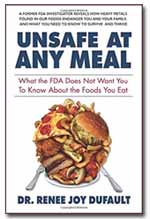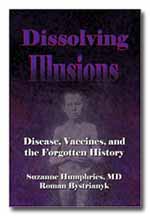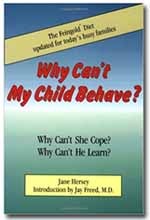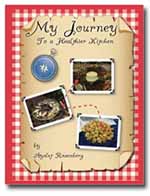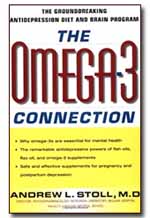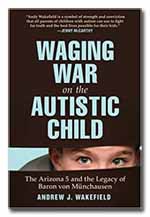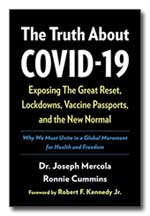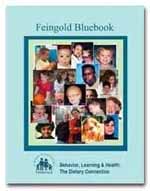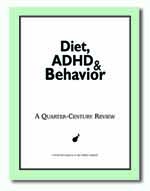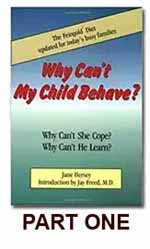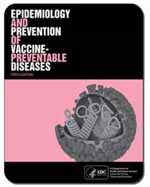Journal of the American Academy of Child and Adolescent Psychiatry. 1987. Jan;26(1):53-5.
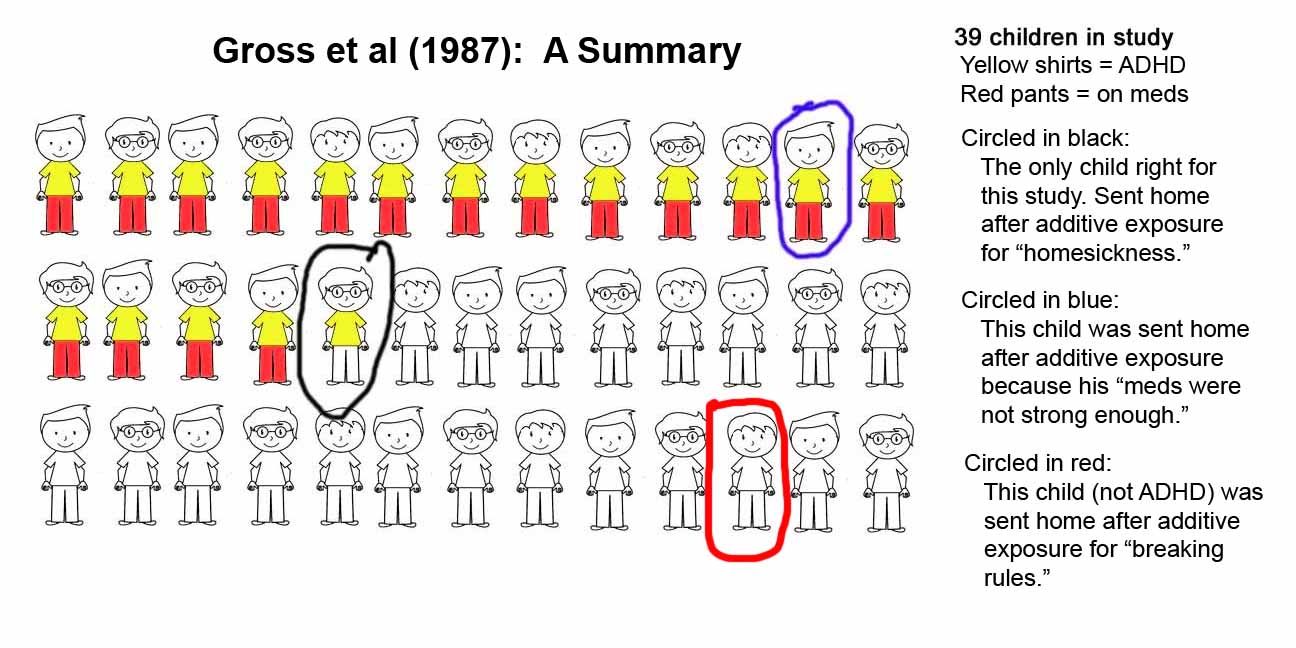 Gross carried out a diet study in a summer camp which is a great way to totally control the diet and get solid results in a study.
Gross carried out a diet study in a summer camp which is a great way to totally control the diet and get solid results in a study.
NOTE: The children had only one week of the “Feingold Diet” followed by one week of a diet containing additives. As most Feingold parents can tell you, it takes more than a week just to begin to see a response to the Feingold Diet. And as already known (Egger 1985), some children even get worse for a few weeks before improving.
All the children had learning disorders, but only 18 were diagnosed with ADHD, and 17 were taking medication for it. They continued their (colored?) meds during the study. No mention is made of any effort to provide natural toothpaste, shampoo, etc. during the Feingold Diet week. The behavior of all children was recorded by a teacher operating a video for 4-minutes during each mealtime and these videos were rated for misbehavior by three people “blind to the respective diets the children were on.”
NOTE: The teacher doing the scanning was obviously not “blind” to the diet sequence. Since the raters could obviously see the food and condiments (or lack thereof) on the tables in the video, how could they possibly be “blind to the respective diets?” Even if two of the raters didn’t know anything about the study diets, the third one was the senior author of the study himself. He could not possibly have been “blind” to the diet seen on the tables.
NOTE: If the medication “worked” for the children outside camp, and on their normal diet, how would an additive in camp make any difference? What results could possibly have been expected?
One child on medication was sent home because he became “more boisterous” the second week …. his medication was blamed as being “inadequate.” The one child not on medication was sent home “for homesickness.” A third child (not ADHD) was sent home the second week for breaking rules.
NOTE: Why were none of these behaviors considered a possible reaction to the additives?
The children were not told that they were in a study or that they were on any special diet. The lack of condiments and candy during the “Feingold” week was explained to them as a delivery delay. No additive-free cookies, candy, snacks or desserts were provided.
QUOTE: (under Results) “The children were not happy with the Feingold Diet.”
NOTE: How not surprising.
QUOTE: “The authors conclude that the Feingold Diet has no beneficial effect on most children with learning disorders, or on hyperkinetic children taking medication.”
MedLine || Full Text || Get Password


